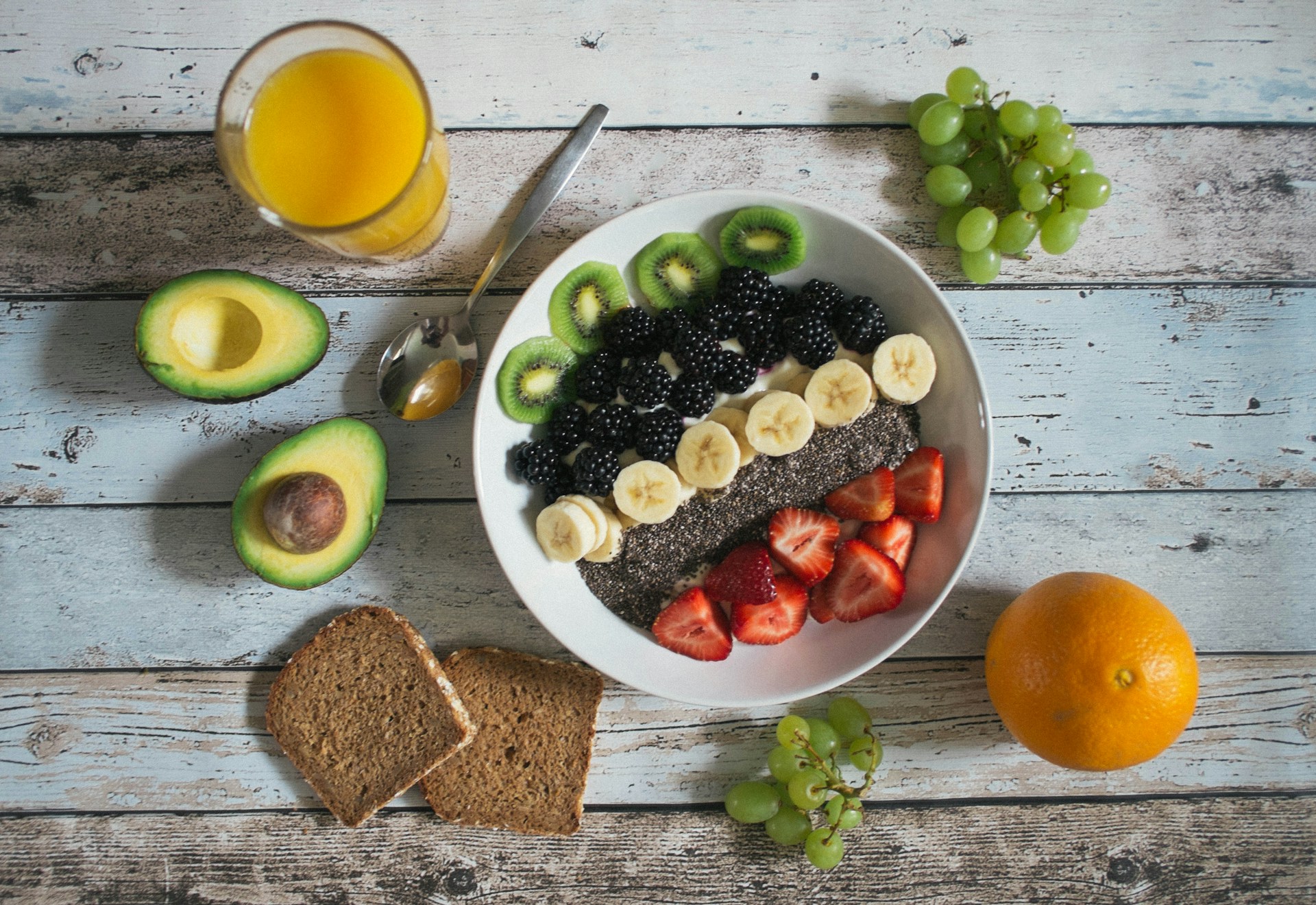
Gut health is a hot topic in the wellness world, but what does it mean? Maintaining a healthy gut goes beyond keeping your stomach happy. It affects your overall health, including your immune system, mental well-being, and energy levels.
By the end of this blog, you’ll have a clear understanding of why gut health matters, how probiotics play a crucial role, and what foods to include to promote digestive wellness.
Why Gut Health Is Important
Your gut, also called the gastrointestinal tract, is home to trillions of microorganisms, collectively known as the gut microbiome. This ecosystem of bacteria, fungi, and other microbes plays a vital role in your overall health. Here’s why gut health should be a priority:
- Immune System Support: About 70% of the immune system resides in your gut. A balanced microbiome helps fend off harmful pathogens.
- Mental Health: Studies reveal the gut-brain connection, where an unhealthy gut may contribute to stress, anxiety, and depression.
- Digestion and Nutrient Absorption: A healthy gut efficiently breaks down food and absorbs essential nutrients for your body.
- Inflammation Control: An imbalanced gut can lead to chronic inflammation, which is linked to diseases like diabetes and heart disease.
Common Signals of Poor Gut Health
Wondering if your gut could use some TLC? Pay attention to these signs:
- Persistent bloating, gas, or diarrhea
- Frequent fatigue or low-energy
- Food intolerances or sensitivities
- Skin issues, such as acne or eczema
- Frequent illnesses due to a weakened immune system
If these symptoms sound familiar, don’t worry! You can restore balance with diet and lifestyle changes.
How Probiotics and Prebiotics Support Digestive Wellness
When it comes to improving gut health, probiotics and prebiotics lead the charge. But what’s the difference between the two?
Probiotics
Probiotics are live, beneficial bacteria that support a healthy gut microbiome. They can enhance digestion, improve immunity, and even boost mood through the gut-brain connection. Foods rich in probiotics include:
- Yogurt (with live, active cultures)
- Kefir
- Sauerkraut
- Kimchi
- Miso
- Tempeh
Probiotic supplements are also widely available but consult a healthcare professional before starting one to ensure it’s right for your needs.
Prebiotics
Prebiotics, on the other hand, are fibers and plant-based compounds that feed the good bacteria in your gut. Including prebiotic-rich foods in your diet encourages the growth of beneficial microbes. Look for:
- Garlic
- Onions
- Bananas (preferably unripe)
- Oats
- Flaxseeds
- Asparagus
For optimal gut health, aim to balance probiotics and prebiotics in your daily diet.
The Best Foods for Digestive Wellness
The foods you eat directly influence the composition and health of your gut microbiome. Here’s what you should prioritize:
High-Fiber Foods
Dietary fiber is essential for overall digestive health. It keeps your gut microbiome balanced while promoting regular bowel movements. Top options include:
- Whole grains (quinoa, brown rice, oats)
- Fruits (berries, pears, apples)
- Vegetables (broccoli, spinach, carrots)
- Legumes (lentils, chickpeas, black beans)
Anti-Inflammatory Foods
Chronic inflammation in the gut can lead to health issues over time. Incorporate anti-inflammatory options like:
- Fatty fish (salmon, mackerel)
- Extra virgin olive oil
- Turmeric (paired with black pepper for better absorption)
- Leafy greens (kale, Swiss chard)
Fermented Foods
Fermented foods naturally contain probiotics, making them a gut health powerhouse. Add sauerkraut, kimchi, and kombucha to your grocery list for additional diversity in your microbiome.
Foods to Limit
While focusing on gut-friendly foods, don’t forget to limit items that disrupt microbiome balance:
- Highly processed foods, especially those with refined sugars
- Artificial sweeteners (linked to gut dysbiosis)
- Excessive alcohol consumption
Moderation is key to maintaining digestive wellness.
Lifestyle Changes for a Healthier Gut
Improving gut health isn’t just about food. Incorporating these lifestyle changes can also have a positive impact:
- Manage Stress: Chronic stress affects the gut-brain axis. Incorporate activities such as yoga, deep breathing, or meditation to reduce stress levels.
- Stay Hydrated: Water is essential for digestion and nutrient transportation.
- Get Enough Sleep: Poor sleep negatively impacts the balance of gut microbes. Aim for 7–9 hours nightly.
- Exercise Regularly: Physical activity promotes gut motility and supports diverse microbial populations.
How to Take the First Step Toward Better Gut Health
Improving your gut health doesn’t mean overhauling your lifestyle overnight. Start small:
- Introduce one new gut-friendly food every week.
- Experiment with incorporating fermented foods into your meals.
- Practice mindfulness-based stress reduction techniques.
Consistency is your friend. Over time, these small changes will make a big difference in balancing your gut microbiome.
Start Your Gut Health Journey Today
Understanding your gut health is key to living a vibrant and balanced life. By focusing on probiotics, prebiotics, and gut-friendly foods, you can achieve a healthier digestive system and overall wellness.
Are you ready to support your gut health? Take charge by examining your diet, trying fermented foods, and making lifestyle enhancements. Your gut (and entire body) will thank you.










